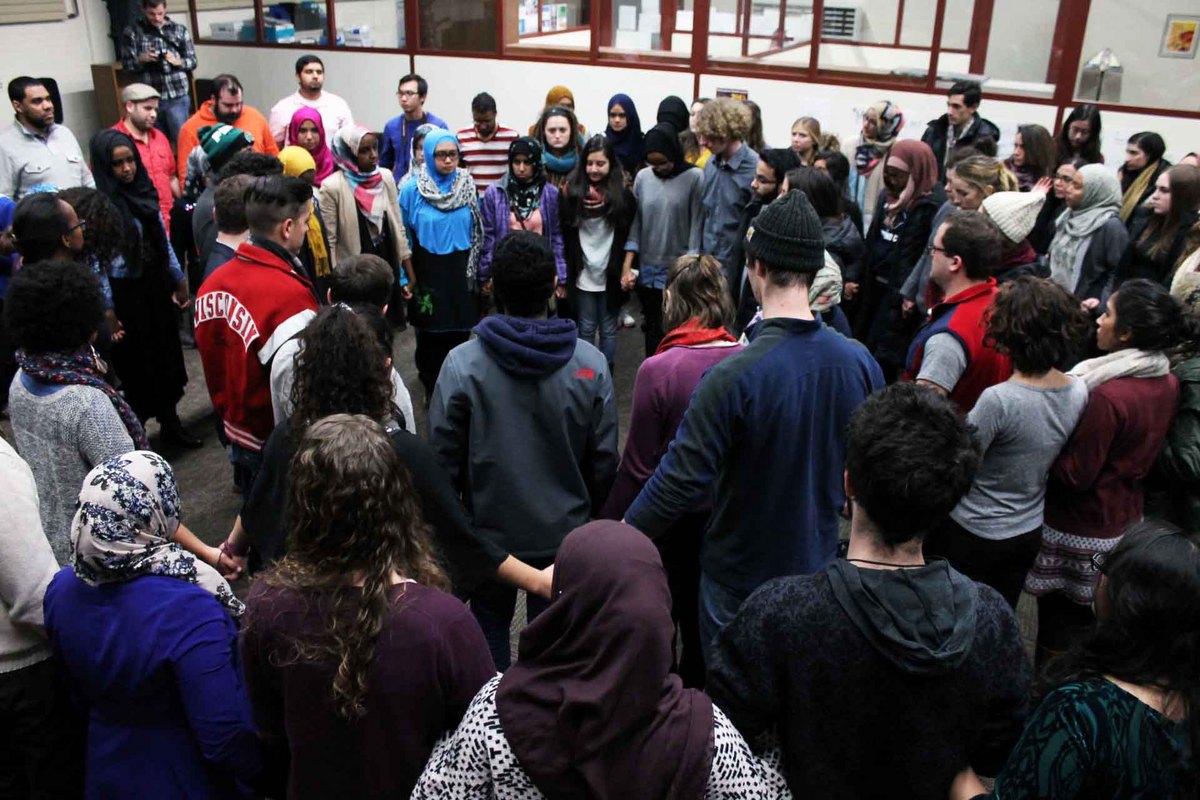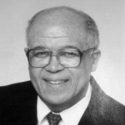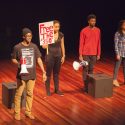Muslim students, allies unite in response to shootings near UNC-Chapel Hill

Members of the University of Wisconsin–Madison campus community gather at a vigil Feb. 10 mourning the University of North Carolina students slain near that campus. (Photo courtesy Betsy Osterberger)
Sidebar: Campus resources
Last week, members of the Muslim Students Association (MSA) were looking forward to a lively discussion titled “Islam Across Races: Created Equal,” featuring nationally known activists Dawud Walid and Linda Sarsour.
That changed following shocking reports from the University of North Carolina about the slayings of three young Muslim students. MSA members transformed their event into a vigil mourning the victims and a discussion at the Multicultural Student Center of the challenges that they face on a campus very similar to UNC.
The Weekly spoke with Naman Siad, the current president of the MSA and a senior majoring in community and environmental sociology.
What are you hearing from fellow Muslim students?
At the vigil, I heard a lot of sadness, a lot of grief. A lot of students said that this is the first time in their lives they’d felt fear about being Muslim.
I think that’s why this incident hit so close to home. These students [in North Carolina] were part of their community, part of their MSA. Our Muslim students saw the victims and thought, “That could have easily been one of us.”
Going through the day on Wednesday and Thursday, you felt like you weren’t in the same world as everyone else: completely shaken up by this event while everyone else went about their day, not realizing what had happened.
What things have made you feel welcome and supported?
Seeing students from different racial and religious background at the vigil, just being there for their fellow Badgers in a difficult time, really made me feel like part of this campus. I can say this on behalf of other Muslim students: it meant a lot.
Even though Muslim students might be a minority on campus, it means a lot when faculty, staff or leaders reach out to check in and see if they’re doing okay, just listening to their concerns and experiences.
How can non-Muslims ask questions in a respectful manner?
For me, at least, I would much rather have someone say, “I don’t know much about your religion,” and just ask me something, instead of constantly staring.
A lot of good can come out of those conversations. Stepping out of your comfort zone is very important: if I don’t know about something, I try not to take it at face value, but learn by asking questions.
Don’t feel afraid to ask. Challenge your biases. Try to reach out to your Muslim classmates or roommates or floor mates; see their own narratives. It will be very different from what you see in the media.
Especially in light of recent events, hearing experiences that Muslim students have and seeing them explain their faith is very important.
Tags: diversity, student life



